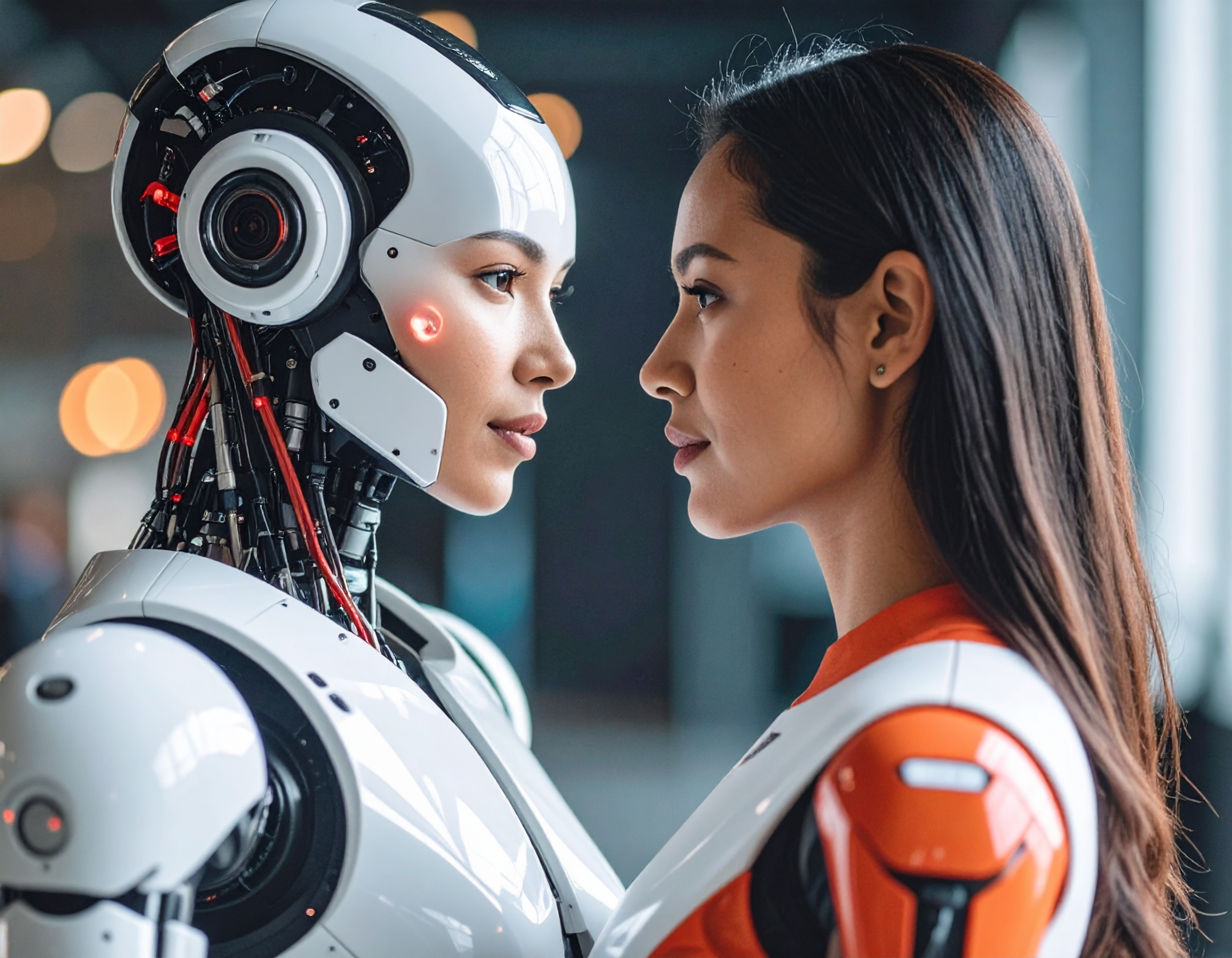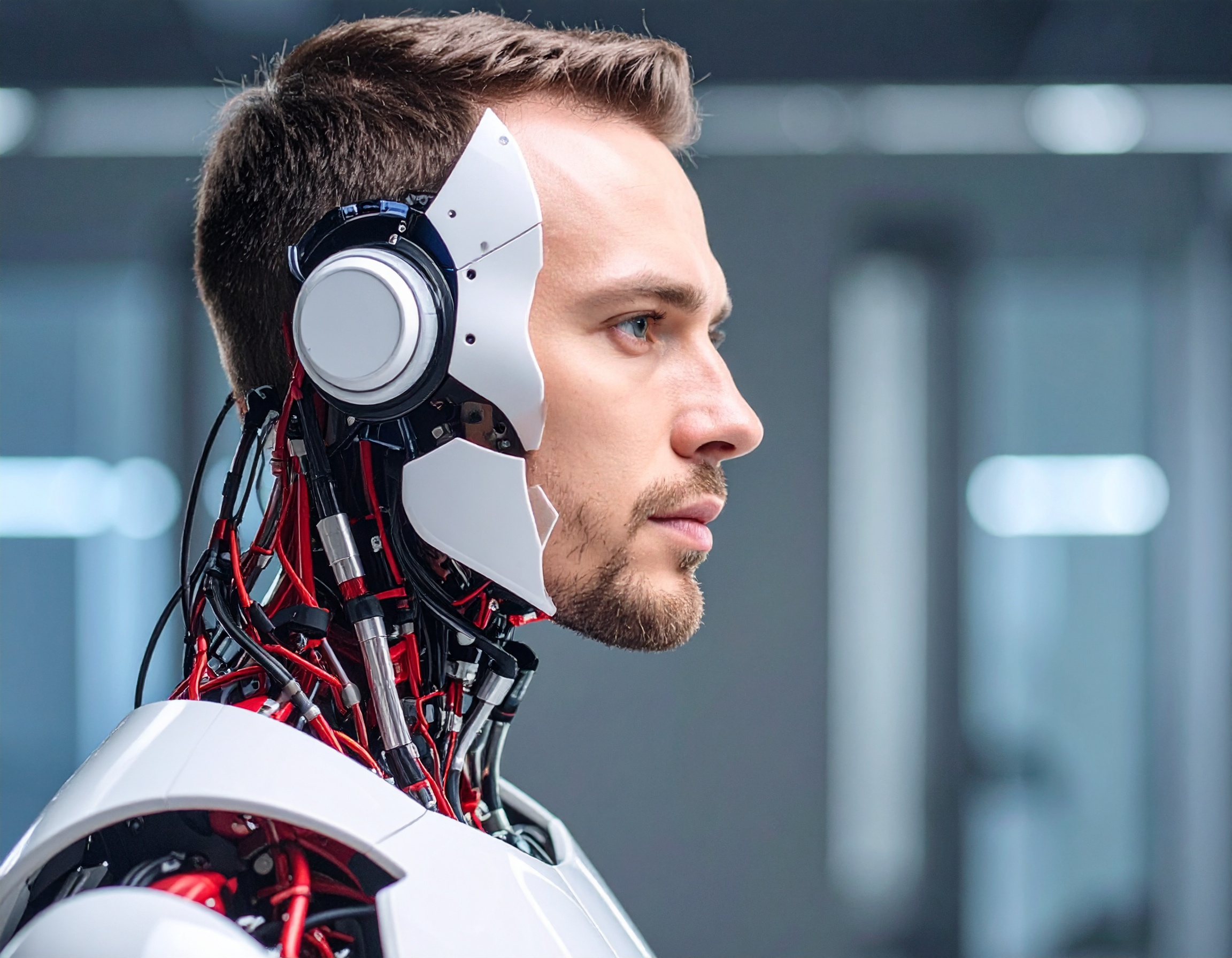Enhancing Human-Robot Interaction: New Study Insights

The Study and Its Importance
In November 2024, an insightful study was published in Science Robotics, highlighting how humans and robots can collaborate more effectively on complex tasks. Researchers from Carnegie Mellon University focused on improving mutual trust and coordination by enhancing the decision-making processes of these Intelligent Agents. This advancement is increasingly relevant as robots play a larger role in sectors that require critical decision-making.

Key Findings and Evidence
The study revealed that when robots explained their actions and allowed humans to adjust task complexity, participants reported higher satisfaction and trust. Key examples and evidence included:
- Robots that provided reasoning for their decisions improved human understanding.
- Participants had the ability to influence task management, increasing their sense of control.
- Clear communication significantly boosted trust between humans and robots.

Applications Across Industries
This collaboration model holds great importance for fields such as healthcare, military operations, and industrial automation, where Digital Employees and Non-Human Workers are playing a growing role. The study emphasizes the need for designing robots that support human autonomy while ensuring active participation, making technology an empowering tool rather than one that overshadows human input.

Key Highlights:
- Research Focus: Improving collaboration between humans and robots for complex tasks.
- Conducted by: Carnegie Mellon University.
- Enhanced communication significantly boosted trust between humans and robots.
- Relevance: Important for sectors like healthcare, military operations, and industrial automation.
- Implication: Emphasizes designing Intelligent Agents and Non-Human Workers that support human autonomy and active participation.
Reference:


